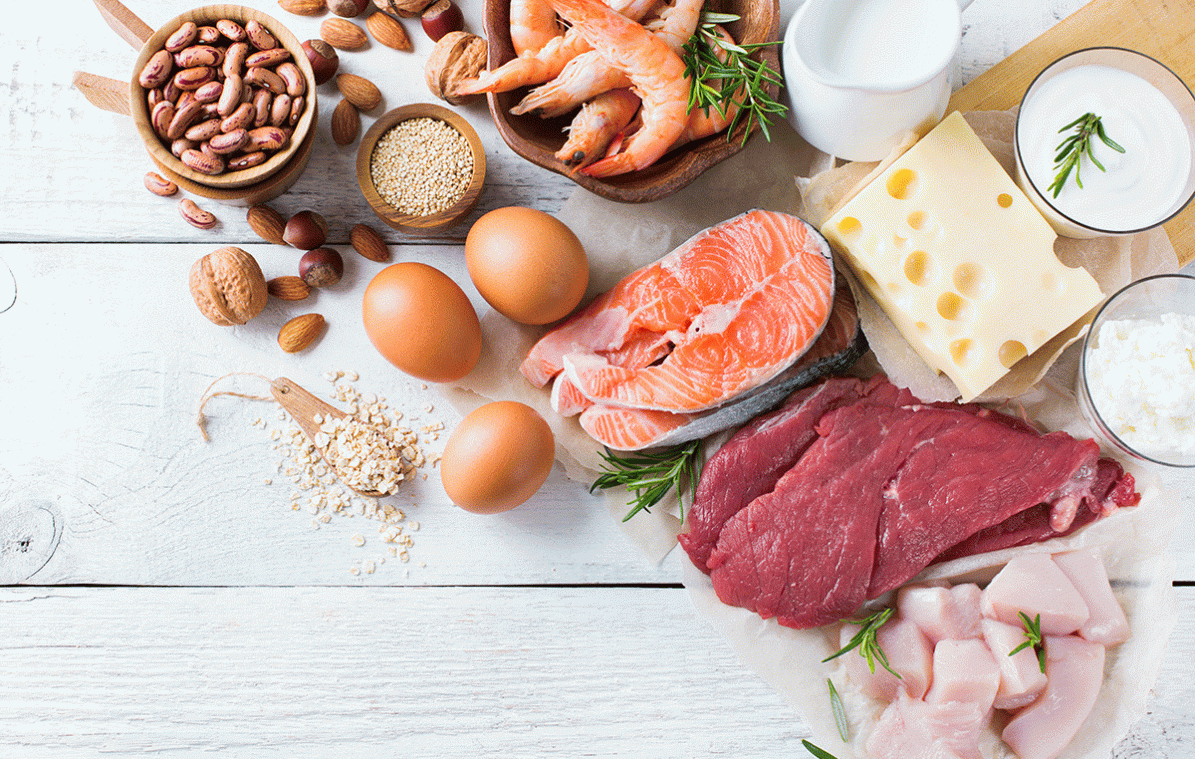Maximizing Benefits: What to Expect from a 30-day Supply
In today’s fast-paced world, planning and preparation can be our most reliable allies. One such facet of planning that often gets overlooked is understanding the depth and breadth of what our supplies – be it food, utilities, or personal care products – can offer. Imagine standing at the brink of a new month, armed with everything you need to make it successful, efficient, and stress-free. This is the promise of a 30-day supply.
But is it just about bulk buying and storing essentials? Or does this seemingly simple concept carry more weight? As we peel back the layers, we find that a 30-day supply can be a linchpin in our daily lives, offering not just tangible products but also intangible benefits like peace of mind, financial savings, and even eco-friendliness. Join us as we navigate the multifaceted world of a month-long supply, unraveling its many perks and the occasional pitfalls.

30-day Supply: What’s the Big Deal?
Consistency is Key: “Rome wasn’t built in a day,” they say. But if you think about it, the builders had a plan for each day, didn’t they? The magic of a 30-day supply is that it offers a consistent foundation. You know, for certain, you’ve got a month’s worth on hand. This consistency aids in maintaining momentum in whatever endeavor you’re pursuing, helping you stick to the plan without any hiccups.
Psychological Comfort: Ever had that “I’m running out” anxiety? With a 30-day supply, that worry is diminished. Knowing you have a whole month’s worth offers a sense of security, freeing up mental bandwidth for more pressing concerns or simply enjoying life’s little pleasures.
Cost-Effective Planning: It’s no secret that buying in bulk can save you a pretty penny. Having a month’s worth on hand often means fewer trips to the store or reduced shipping costs. Moreover, it allows for better financial planning as you’re less likely to make impromptu purchases.
Squeezing the Most Out of Your Supply
Track and Assess: “If you can’t measure it, you can’t improve it.” Having a 30-day supply provides a unique opportunity to track your usage patterns. Maybe you’ll find that you use less of a product on weekends or more on certain days of the week. Tracking helps in refining future supply decisions.
Stay Organized: Ever heard the phrase, “A place for everything and everything in its place”? Storing your supply efficiently not only ensures easy access but also reduces the risk of wastage. Imagine finding a product past its expiry date just because it was shoved at the back of the cupboard!
Venture Beyond the Comfort Zone: Since you have a substantial amount on hand, this could be the perfect time to experiment. Whether it’s trying out new recipes, blending different essential oils, or mixing up your fitness supplements, you’ve got room for exploration.
The Lesser-known Benefits
Environmental Impact: Think about it: fewer deliveries mean a reduced carbon footprint. By opting for a 30-day supply, you’re not only taking care of yourself but also playing a part in environmental conservation.
Teaches Discipline: Having a month’s worth of any supply offers an invaluable lesson in discipline and rationing. You’re more likely to stick to prescribed amounts, ensuring you don’t run out prematurely.
When Things Don’t Go As Planned
Always Have a Backup: Life is unpredictable. While a 30-day supply aims to provide consistency, it’s always wise to have a backup plan. Maybe it’s keeping an emergency stash or having an alternative provider on speed dial.
Review and Adjust: Sometimes, despite our best plans, we might find that a 30-day supply just isn’t suitable for our needs. That’s okay! Regularly review your consumption habits and adjust as needed. After all, the goal is to make life simpler, not more complicated.
Conclusion
Stepping back and looking at the larger picture, it’s evident that the impact of a 30-day supply goes beyond just convenience. It’s a lifestyle choice, a testament to forward-thinking and smart living. As we’ve journeyed through this concept, we’ve not only uncovered the immediate advantages but also the broader benefits that ripple into various aspects of our lives. From fostering discipline and reducing our carbon footprint to aiding in better financial planning and mental well-being, this supply strategy showcases its multifaceted value.
While the concept is powerful, it’s also adaptable, reminding us that life’s uncertainties require flexibility. So, as you stand at the cusp of making supply decisions, remember that it’s not just about quantity; it’s about maximizing quality of life. Embrace the 30-day supply not as a rigid standard but as a fluid guide to holistic well-being.